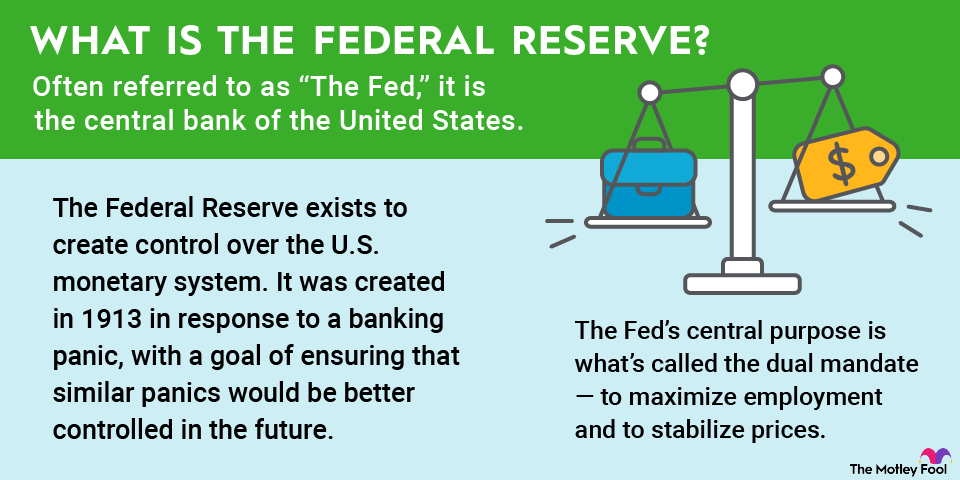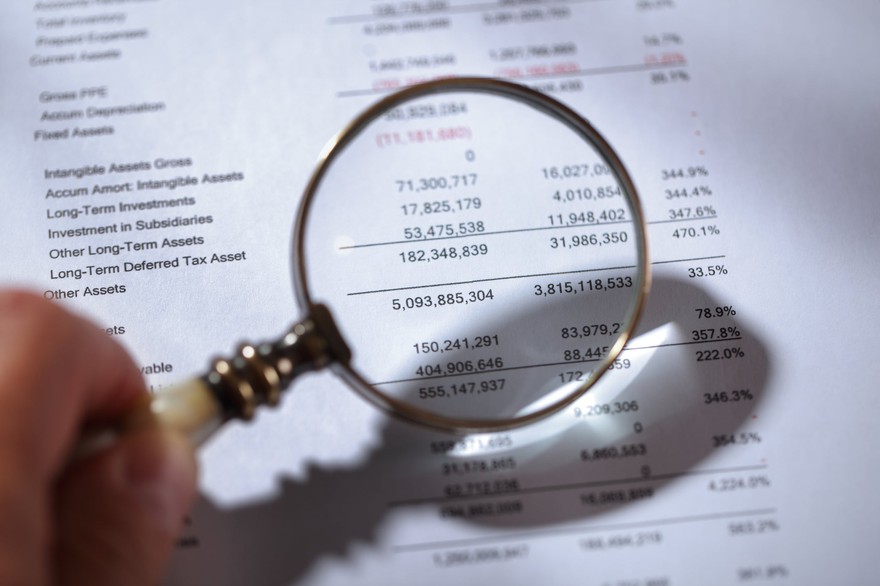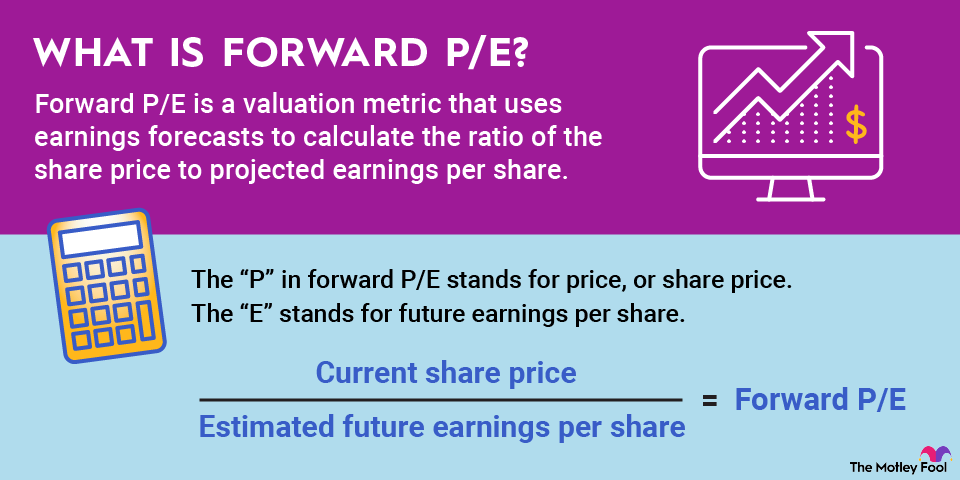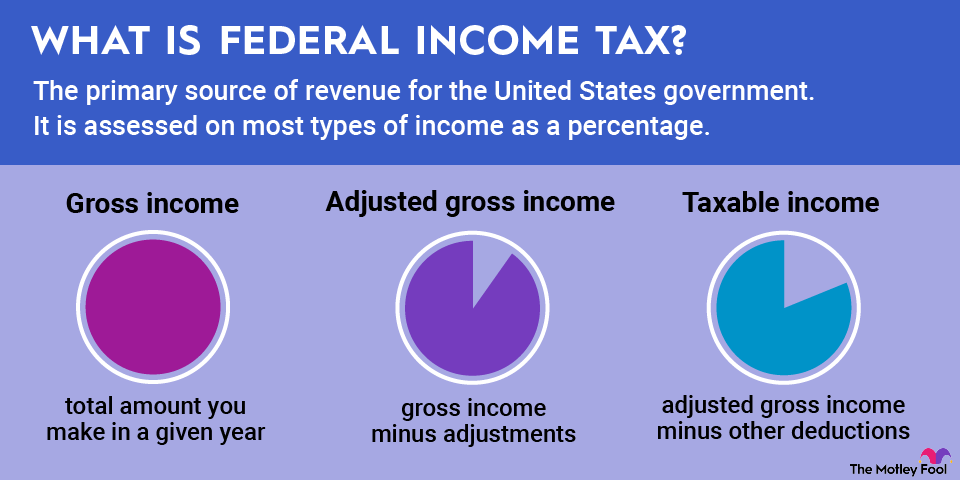Although it's not an everyday occurrence, financial crimes happen, and when they do, you need someone who knows what they're looking at to help set things right. This is the art of forensic accounting, where accountants become detectives. Read on to gain a deeper understanding of this specialty and its significance.
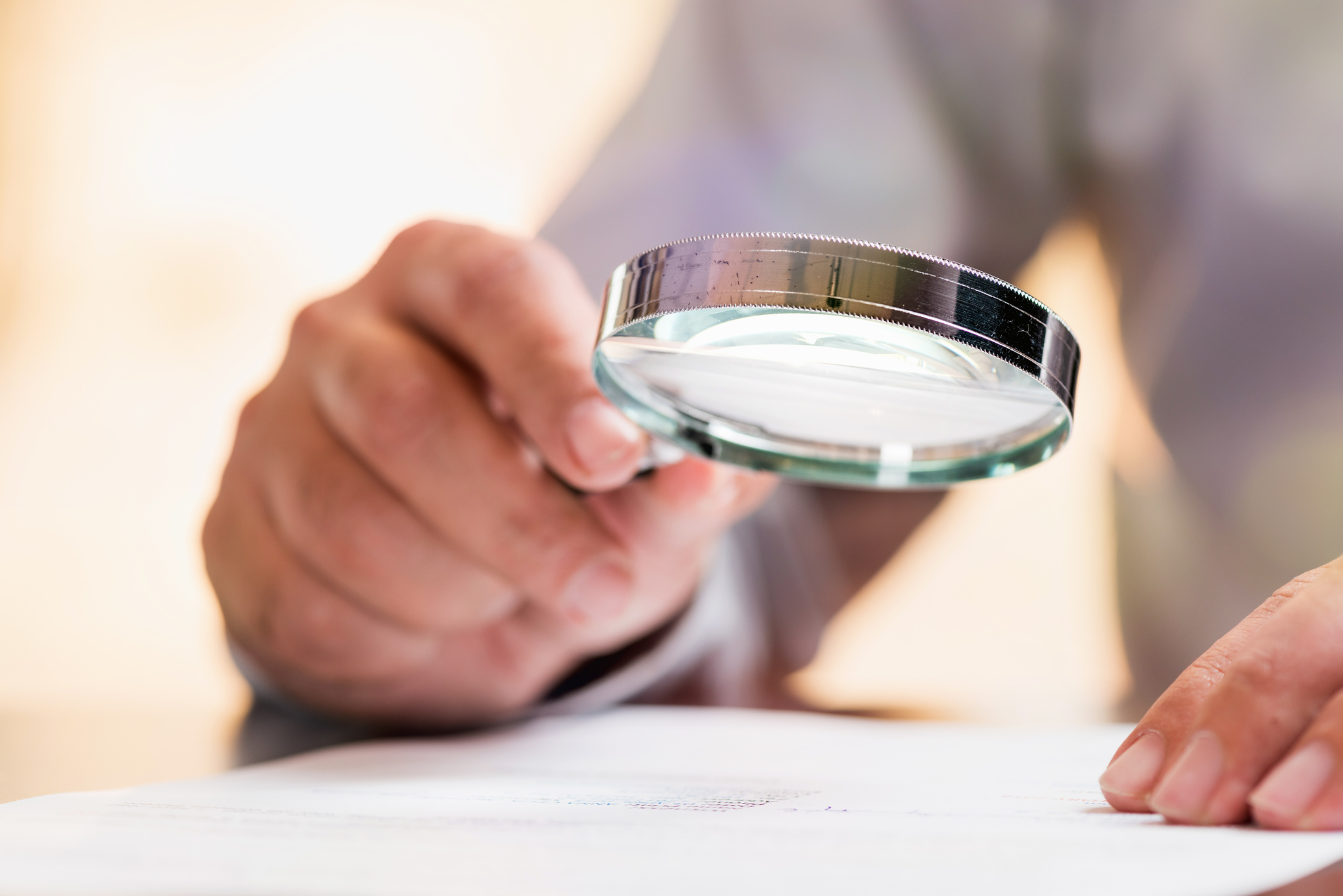
What is forensic accounting?
Forensic accounting is the art of analyzing existing financial records and accounts in a way that's legally admissible in court. Forensic accountants are accountants who are trained to look for signs of financial crimes and to understand accounting well enough to unravel what has been done and document it thoroughly.
They often work on cases involving fraud or embezzlement and regularly testify as witnesses in criminal trials. They may work for insurance companies, law enforcement agencies, or financial institutions. They're incredibly flexible and creative accountants who excel at solving puzzles.
What do forensic accountants do?
Generally speaking, forensic accountants look through financial records for signs of criminal activity, but more specifically, their tasks include:
- Stopping financial crimes early
- Ensuring institutional compliancy
- Reducing financial losses
- Recovering stolen funds
- Troubleshooting processes to strengthen internal controls
- Supporting legal actions in court
Forensic accounting specialty areas
Forensic accountants are specialists in their fields, although they all have similar basic training. They can work in a wide range of areas, where their help is invaluable in catching and resolving financial problems. They have specialties related to:
- Business valuation. Although not looking for signs of crime, forensic accounting that's for business valuation purposes is performed in much the same way. Accountants look for clues about the business's health, examine the overall business environment, and consider whether companies are potential targets for takeovers, mergers, lawsuits, or other actions that could influence their values.
- Economic damage. When legal conflicts emerge, accountants are often called upon to assess economic damage. This is when forensic accountants will examine wage-related records, actual property damage, and loss of value for properties that have been damaged. They determine the amount of economic damage that parties suffer, enabling them to seek legal remedies.
- Family law. Family law is plagued with issues regarding hidden assets and fraudulent activities, especially when it comes to dividing assets or assigning child support or alimony. Forensic accounting is used to ensure that all parties are treated fairly and that all assets are accounted for prior to a ruling.
- Fraud and financial investigation. Many forensic accountants are part accountant and part sleuth, examining financial documents for evidence of financial crimes. They understand the law and accounting well enough to combine them and provide expert testimony in lawsuits.
Related investing topics
Why does forensic accounting matter to investors?
Investors should thank their lucky stars for forensic accountants. These are the pros who help ensure that the companies you're investing in are on the up and up and that questions about business filings or assets are addressed in a timely manner, thereby protecting your investments.
Forensic accountants are often responsible for teasing out the details of Ponzi schemes or uncooking the books for companies, such as Enron, that have spent a lot of time and effort trying to make themselves look a lot better than they actually are. They then assist in the prosecution of these companies on behalf of shareholders and governments alike.


